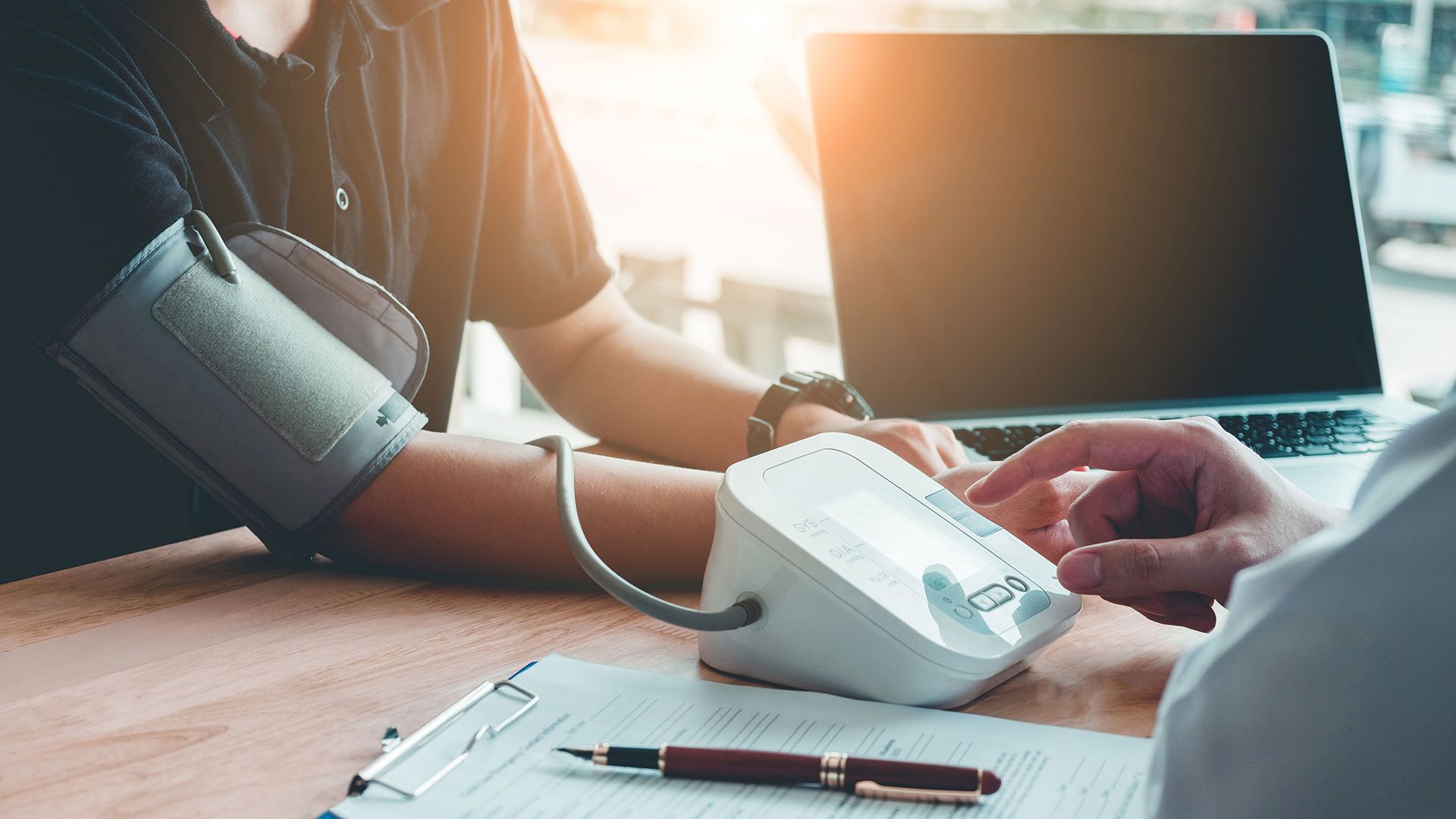Odds are, you know someone who has fainted—or maybe you’ve passed out yourself. Often referred to by its medical name, syncope, fainting is a loss of consciousness that usually lasts for a few seconds. It can happen for a variety of reasons. Many of these—like a drop in blood pressure, extreme exhaustion, stress, overheating and dehydration—are common and usually not life-threatening.
But sometimes fainting could signal a more dangerous underlying heart condition. Whenever you faint, it’s important to find out what triggered your momentary blackout, says Sameer Mehta, MD, a cardiologist at Rose Medical Center in Denver, Colorado. Sometimes an arrhythmia, a structural heart issue or another heart problem can be the culprit.
Heart problems that cause fainting
The most common reason someone might faint from a heart issue is an arrhythmia, or an abnormality in the electrical conduction of the heart. A normal resting heart rate is somewhere between 60 to 100 beats per minute. Arrhythmias cause changes in the heart’s rate or rhythm, which can reduce the blood supply to the brain, and are potentially dangerous because they can lead to stroke or sudden cardiac arrest.
Besides arrhythmias, someone might faint as a result of a structural heart problem. Common structural heart problems include hypertrophic cardiomyopathy, in which the left ventricular muscle wall becomes so thick that it inhibits blood flow out of the heart—and subsequently to the brain—and mitral or aortic stenosis. In this condition, the heart’s valves become damaged and obstructed, also reducing the amount of blood being pumped to the brain.
While less common, a heart attack or a cardiac tumor might cause syncope.
Identifying the cause
“I think it's actually reasonable after a fainting episode to see a doctor, no matter what,” says Dr. Mehta. To determine why you may have fainted, a doctor will usually start off by getting your medical history and performing a physical. Then, they can do some tests to see if you fainted from a heart-related condition.
- An electrocardiogram (ECG) can detect heart irregularities by measuring electrical signals as they move through the heart. If the wave is too fast, slow or erratic, it can be a sign of an arrhythmia.
- If your doctor cannot detect heart problems with an ECG, a Holter monitor can help. It monitors your heart continuously for 24 or 48 hours to try to capture an episode of arrhythmia.
- To determine if you fainted from a structural heart disease, your doctor might use an echocardiogram to get a clear understanding of how your heart functions.
Treatment for cardiac syncope varies depending on what your doctor finds during your diagnosis.
Feeling faint?
If you feel dizzy or lightheaded, talk to your doctor about your symptoms. If you see someone faint, the first thing you should do is make sure they're safe, says Mehta. If they’re not breathing, perform CPR and call 911. Continue performing CPR until medical help arrives.
Although fainting spells are not always because of something serious, Mehta urges everyone to get them checked out.





